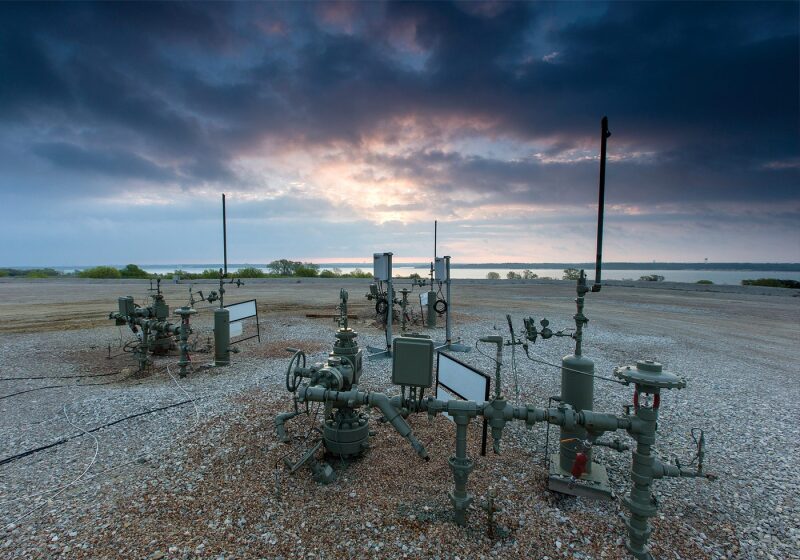Thailand’s Banpu Public Company announced this month that it has signed a new agreement with officials in Louisiana to construct a carbon capture and storage (CCS) project.
If the project comes to fruition, it will be the company’s third to launch in the US, where it is trying to abate from 15 to 16 million tonnes of CO2-equivalent (CO2e) per year in the 2030s.
Banpu is Thailand's largest coal mining company and a major power supplier in the Southeast Asian country. The firm is also the majority owner (96%) of BKV Corp., which is the largest producer of tight gas in the Barnett Shale in north Texas, which is known for being the first unconventional formation to be commercially developed more than 20 years ago.
Banpu committed to spending up to $34 million on its first CCS project, called Barnett Zero, in early 2022 and began drilling injector wells later that year. The company said it will pull CO2 from its natural gas production facilities with a goal of geologically sequestering 210,000 tonnes of CO2e per year.
The energy company also said last year it would spend between $14 and $24 million on a second CCS project called Cotton Cove, which will similarly involve capturing CO2 from its natural gas production waste stream. The Cotton Cove project will aim for an annual injection rate up to 80,000 tonnes, with operations slated to begin by late 2024.
Both CCS pilots will involve testing a new modular technology that Banpu said it hopes will quickly scale up to more of its natural gas processing sites in the Barnett.
The third proposed project, called High West, will involve building facilities to capture CO2 from local emissions sources. Banpu did not specify an injection volume target for High West or elaborate on what type of emissions sources are included in the project scope.
Banpu reported spending more than $9 million last year to reduce its emissions in the Barnett. The capital program helped test new electrified production components, replace gas-powered pneumatic instruments, and use more renewable energy to power field operations, the company said.
Banpu, through its BKV subsidiary, holds more than 458,000 acres in the Barnett and almost 7,000 producing gas and condensate wells, with an average production of 773 MMcf/D. The company also owns rights to 37,000 acres in the Marcellus Shale of Pennsylvania, where its daily output is 139 MMcf/D.
